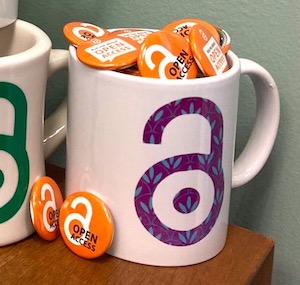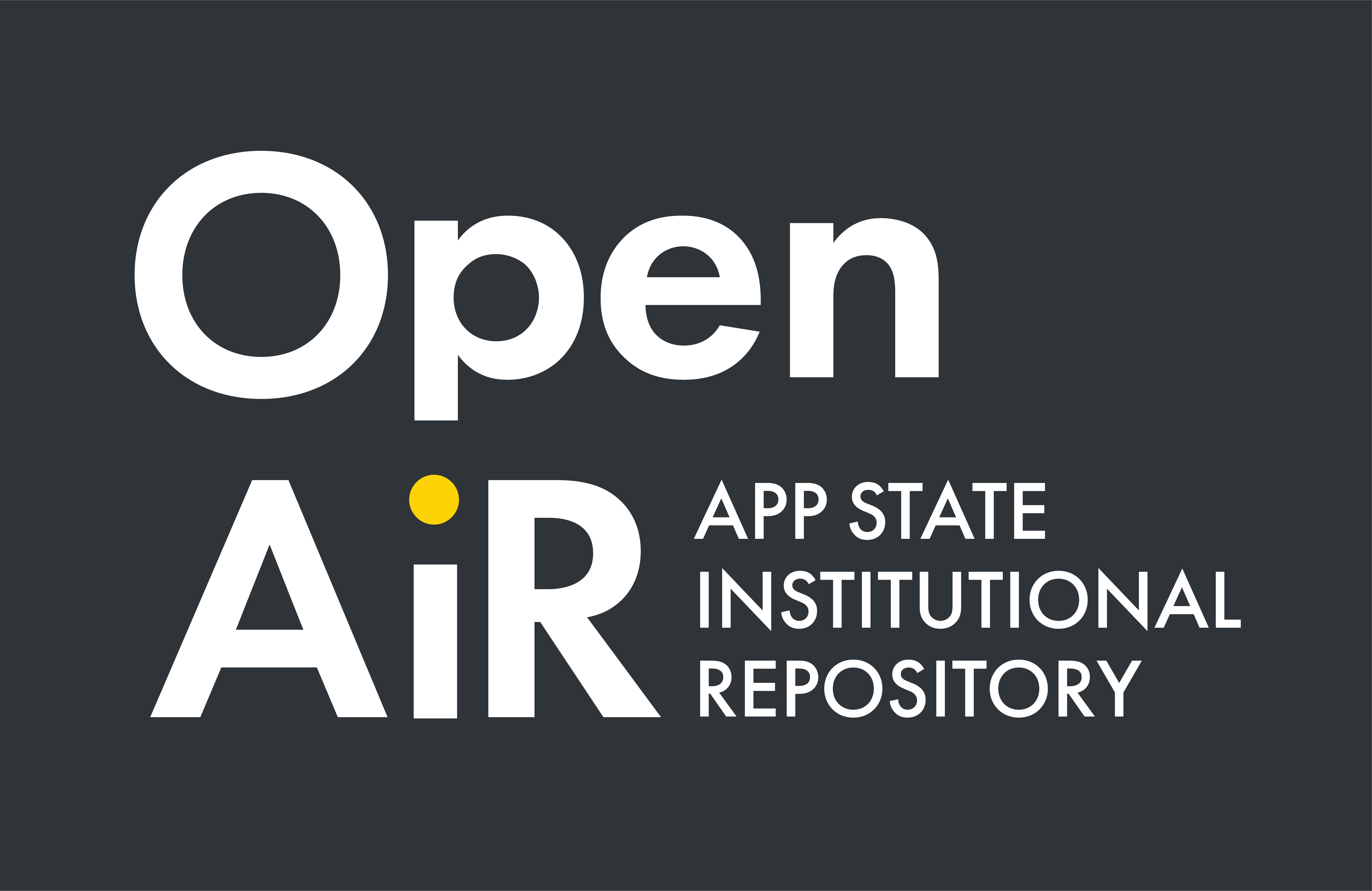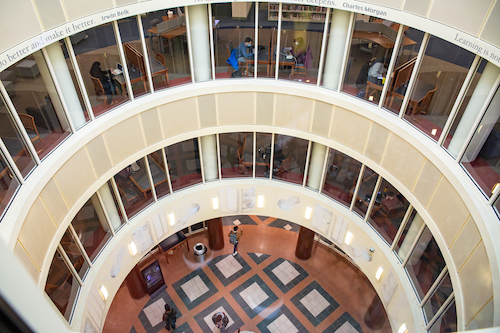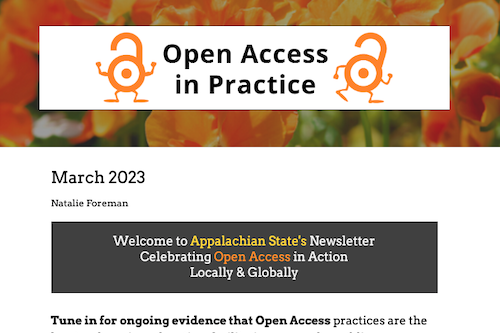About Open Access
Open Access is the free, immediate, online availability of research articles coupled with the rights to use these articles fully in the digital environment. Open Access ensures that anyone can access and use these results — to turn ideas into industries and breakthroughs into better lives. — Scholarly Publishing and Academic Resources Coalition (SPARC).
Appalachian State University Libraries support open access publishing, open archives, and open repositories in order to advance the creation and dissemination of scholarly research produced by faculty, staff, and research fellows, as well as contribute to the global development of open access practices and implementation of open science.
Open AIR - App State Institutional Repository
Open AIR provides App State researchers and students a modern, user-friendly platform designed to increase the visibility, usage, and impact of their work.
Open AIR offers fast load times and engaging visuals, making it easy to navigate and explore a variety of research outputs, including datasets. The platform supports a wide range of file formats, and encourages robust open access practices, including the use of persistent identifiers like DOIs and ORCIDs, which will ensure that research outputs are discoverable, citable, and properly attributed.
Additionally, Open AIR provides comprehensive usage data and analytics, allowing researchers to track the reach and influence of their work. By providing a centralized and accessible platform for sharing and managing research, the new repository will serve as a valuable resource for the Appalachian State community, fostering a culture of open scholarship and collaboration.
Read & Publish Deals
The University Libraries have established partnerships with academic publishers to cover the Article Processing Charges (APCs) that are applied to open access publication in some journals and usually fall to the author. These read and publish deals, also known as transformative arrangements, are designed so that the library absorbs the expense of the open access publishing option with these journals.
App State's Open Access Journal Program
Appalachian State University Libraries have two locally-hosted open access publishing platforms, PubPub and Open Journal Systems (OJS), which allow members of the academic community to publish open access journals.




